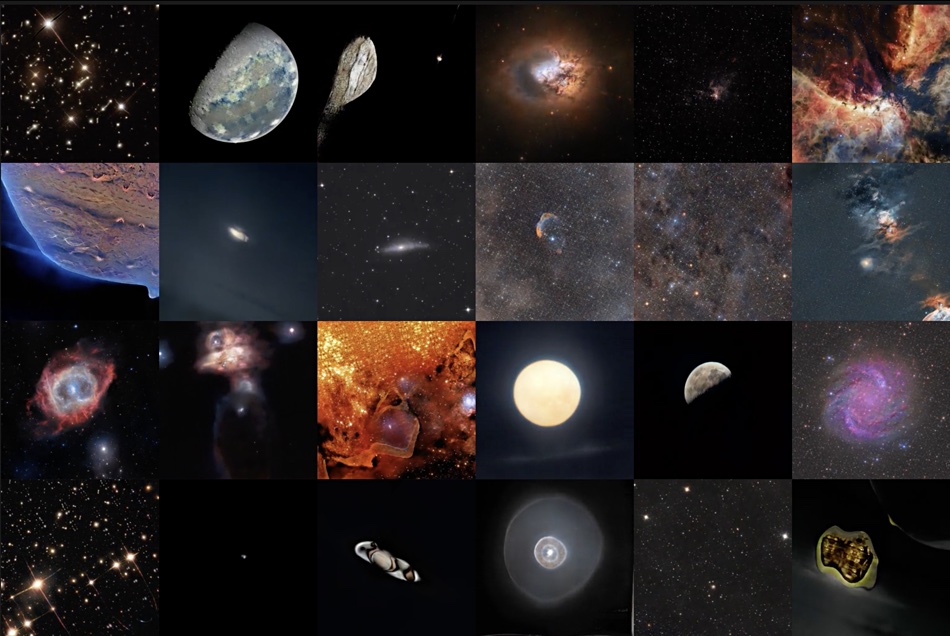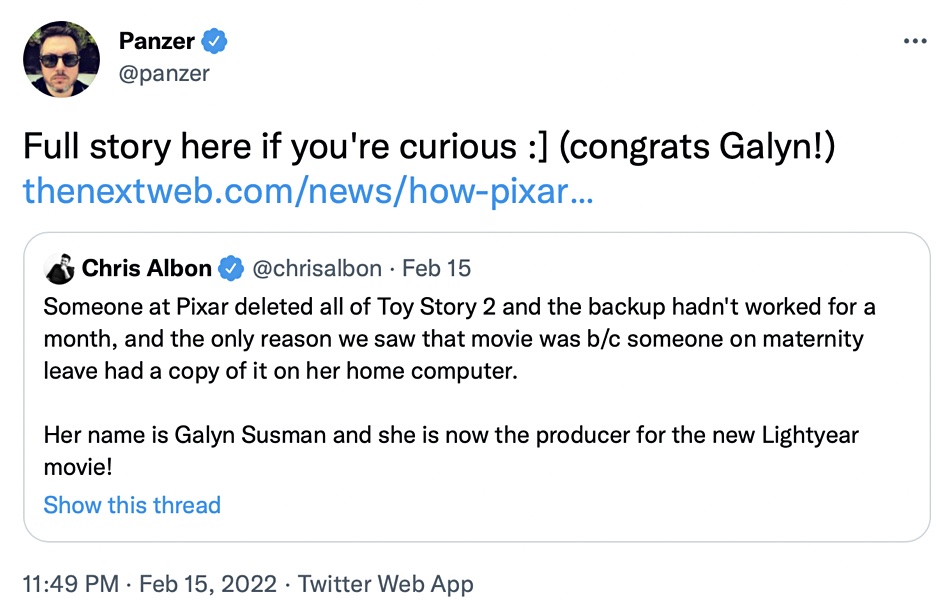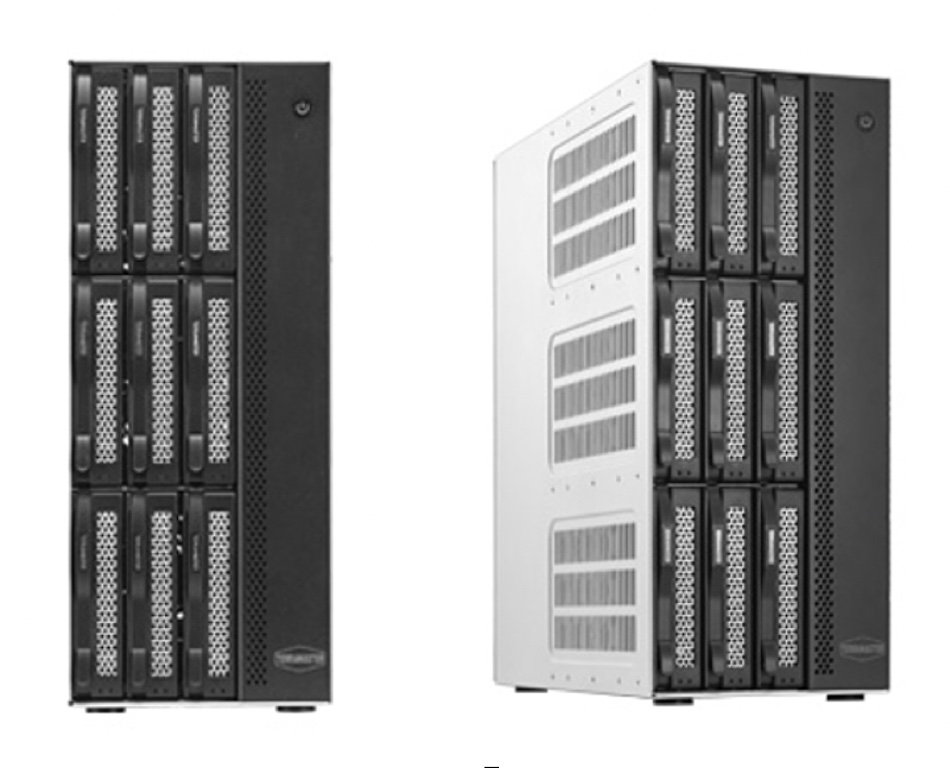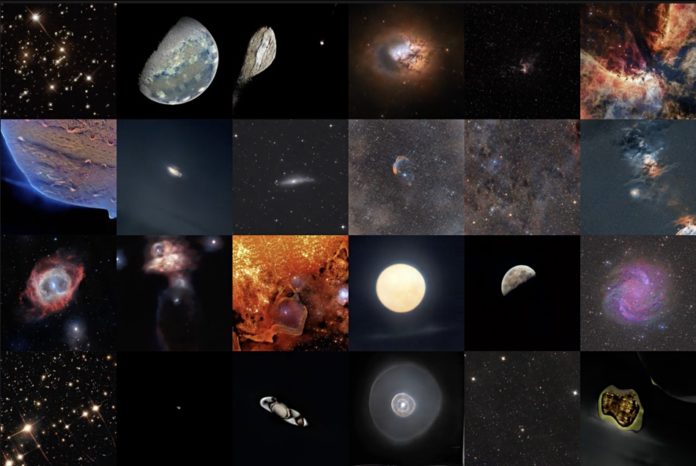…
Consumer and enterprise cloud file sharing business Dropbox reported Q4 2021 revenues of $565.5 million, up 12.2 per cent year-on-year, and with a net profit of $124.6 million compared to a net loss of $345.8 million a year ago. Full-year revenues were $2.16 billion, up 12.7 per cent, with a $335.8 million profit – quite a turnaround from the year-ago $256.3 million loss. Total operating expenses in Q4 were $379.5 million in contrast to the year-ago $744.9 million. The drop was due to a change in real estate assets as a result of its decision to shift to a Virtual First work model. It was Dropbox’s first full year of (GAAP) profitability.
…
The International Space Station is storing Celestium – a digital artwork by Cecilie Waagner Falkenstrøm and her tech team at ARTificial Mind, who say it is a first of its kind artificial intelligence (AI) artwork created in space. Celestium is an AI and blockchain artwork and part of a global STEAM initiative led by startup Lonestar, open-source leader Canonical, and leading space mission integrator Redwire Corporation.

The whole thing is quite insane. We’re told that, by harnessing data from cosmic radiation, the AI algorithm is seeding and mining thousands of space images and space tokens to be distributed on a blockchain. Drawing upon images from NASA’s deep space photographs, the unique works of astronaut Nicole Stott of the Space for Art Foundation, and western artist Tamara King, each image is generated by the AI as one of a kind and embedded as a non-fungible token.
…
Microchip Technology has announced that the market’s first Gen-4 automotive-qualified PCIe switches are in production. These Switchtec PFX, PSX, and PAX switches provide compute interconnect capabilities for Advanced Driver-Assistance Systems (ADAS). It says PCIe is emerging as the preferred compute interconnect solution for the automotive industry because it provides ultra-low latency and low-power bandwidth scalability to CPUs and specialised accelerator devices. Microchip’s ChipLink diagnostic Graphical User Interface (GUI) provides debug, diagnostics, configuration, and forensics tools for rapid deployment.

…
An old TNW story from May 2012 surfaced on Twitter and recounted how a 400-strong team-wide permissions policy caused Pixar’s Toy Story 2 product files to be deleted in 1998. Then the animators found their LTO backups didn’t work properly – and the log file about the tape being full was in the full tape and contained zero bytes! Eventually most of the files were recovered from an offsite workstation needed by a supervising technical director for work at home. The moral is: test your backup files regularly.


…
China’s TerraMaster has a new nine-bay T9-423 NAS system in tower format designed for SMB customers. It has a 2.0GHz (2.9GHz boost) Intel Celeron N5105 quad-core processor, with integrated GPU and 8GB of DDR4 dual-channel memory that is expandable up to 32GB, and comes with two 2.5GbitE ports with support for Link Aggregation, delivering speeds of up to 283MB/sec. It has three silent fans to keep the storage disks cool and working in optimum performance, operating silently even when working at full load, TerraMaster says. It can be used for file storage servers, mail servers, web servers, FTP servers, virtual machine hosts, and other enterprise-level applications.
…








